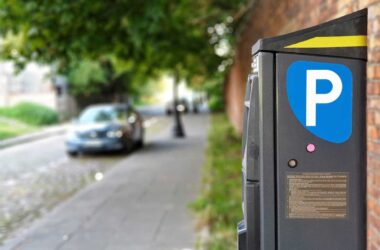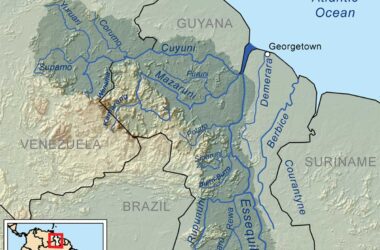DODGING coconut vendors had become the order of the day. That is, until government intervened. As of last week, regulations were enforced, and signs erected to prohibit vending in certain locations, specifically along the Gros Islet Highway, near the Rodney Bay intersection. Motorists breathed a sigh of relief. Coconut vendors on the other hand, did not take kindly to news that their daily bread would be interrupted.
The discussion has since taken on a life of its own, with those in support of the venders arguing a case for their very livelihoods. On the political front, the Saint Lucia Labour Party added their voice to the coconut melee calling the move “consistent oppressive behaviour of the UWP government towards persons who are seeking to make an honest living in Saint Lucia.”
The Labour Party did at least admit that the situation had progressed to a point where it would have posed serious challenges considering the proximity to a busy highway. A spokesperson for the party also noted the importance of such activities being carried out in a clean, safe and convenient environment, which was part of the reason for the government’s final verdict. However, the SLP argument remained along the lines of ensuring legitimate work and economic opportunities for all. Perhaps they would advocate that nothing should be done to disturb the trade until there is a fatal accident involving one of the vendors who skip across the heavily trafficked road in search “making an honest living in St. Lucia.”
In 2017, the government reported a spike in cases of leptospirosis. Twenty six confirmed cases were reported that year. Though preventable and treatable, four of those cases proved fatal. After the recent death of a well-known Saint Lucian lawyer as a result of contracting the disease, the Ministry of Health reiterated environmental hazards which had the potential to spread the disease. These included indiscriminate dumping of garbage and clogged drains and guttering. Derelict vehicles, which the government has in recent weeks embarked on removing from roadsides were also said to be responsible for housing rats and other rodents – a huge health hazard. The ministry has since circulated information on preventing the disease. Tips for prevention include disinfecting canned food surfaces before use, keeping surroundings and homes clean, securing food and water storage, and refraining from leaving food outside for pets at nights which could serve as an invitation for rodents. In light of this, the sanitation of all street vendors, including coconut vendors has been under the microscope.
So how have the coconut vendors coped with the hand they’ve been dealt? For one thing, they haven’t been quiet. The recent action has caused many in their camp to surmise that what is good for the goose isn’t always good for the gander in an island where some things are strictly enforced, while other potentially hazardous norms – like, say, selling fish on the road side in the blistering sun – are largely overlooked.
Perhaps the real discussion coconut vendors should be having is how best to form an association, and quickly. They also need to be speaking candidly about how to improve the conditions under which coconuts are sold, because truth be told, coconut lovers everywhere would give anything for the accessibility of a quick drink of coconut water with some coco-jelly on the side!
There needs to be accountability, and admission in this instance that perhaps rules and regulations were not properly adhered to, in a space where making quick money became priority. Let us hope and pray that proper waste disposal and hygiene will be factored in, in a sustainable way, within the new location for these vendors, as well as in other locations where vendors and small shop owners make a living!





